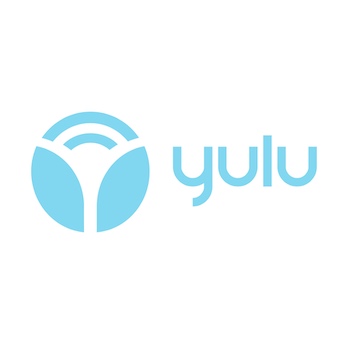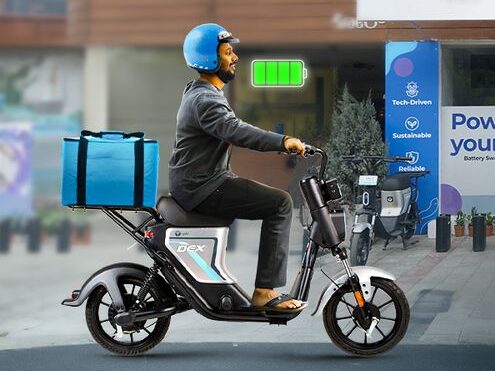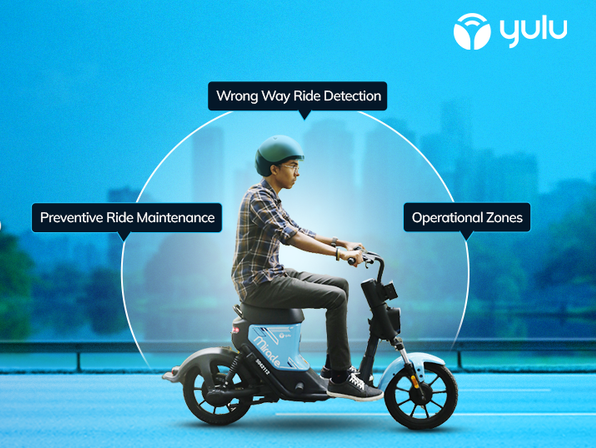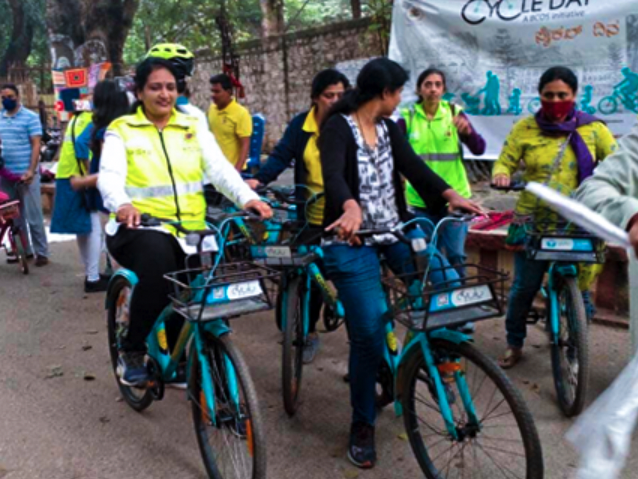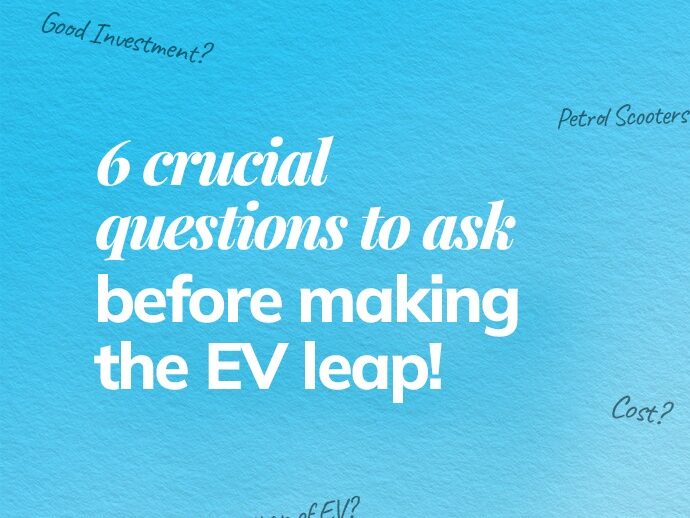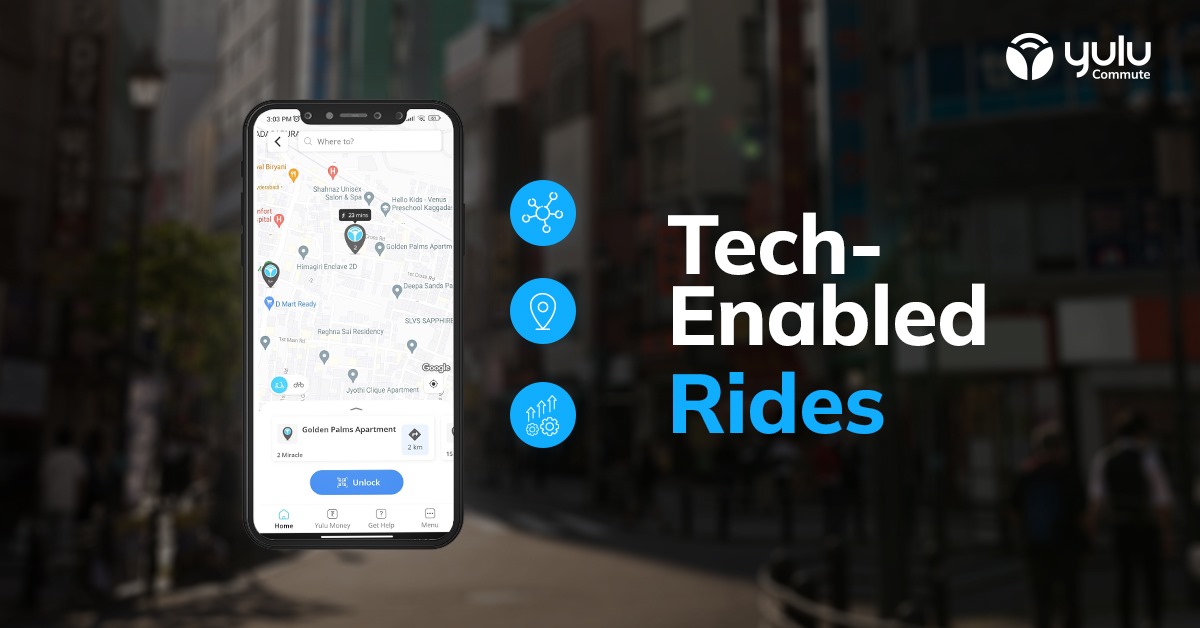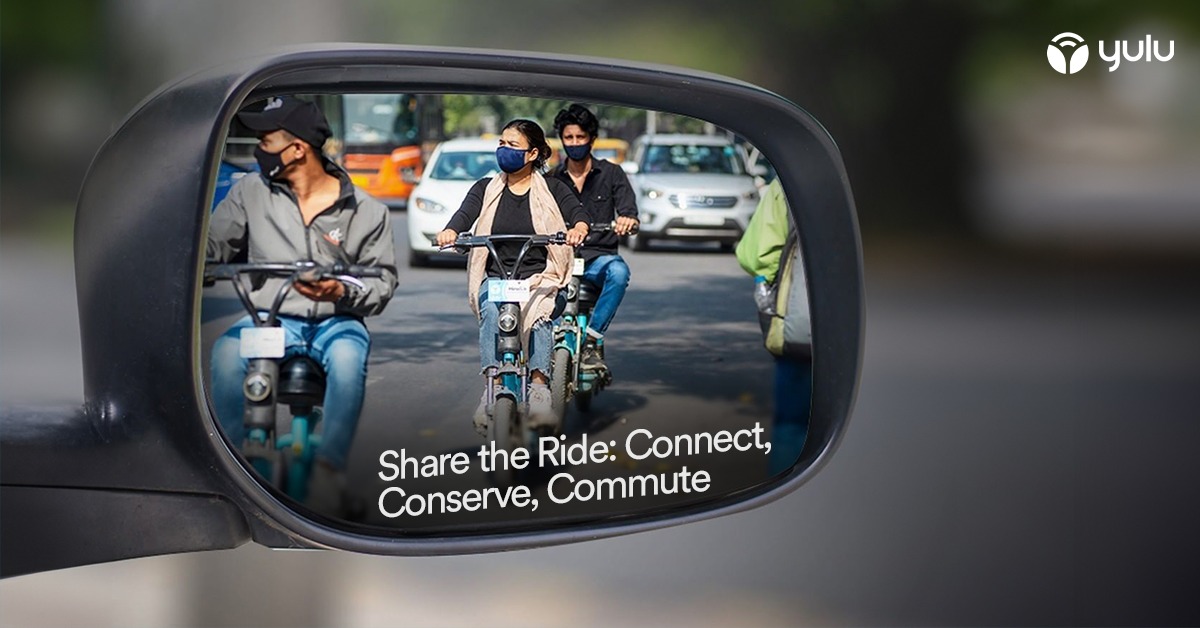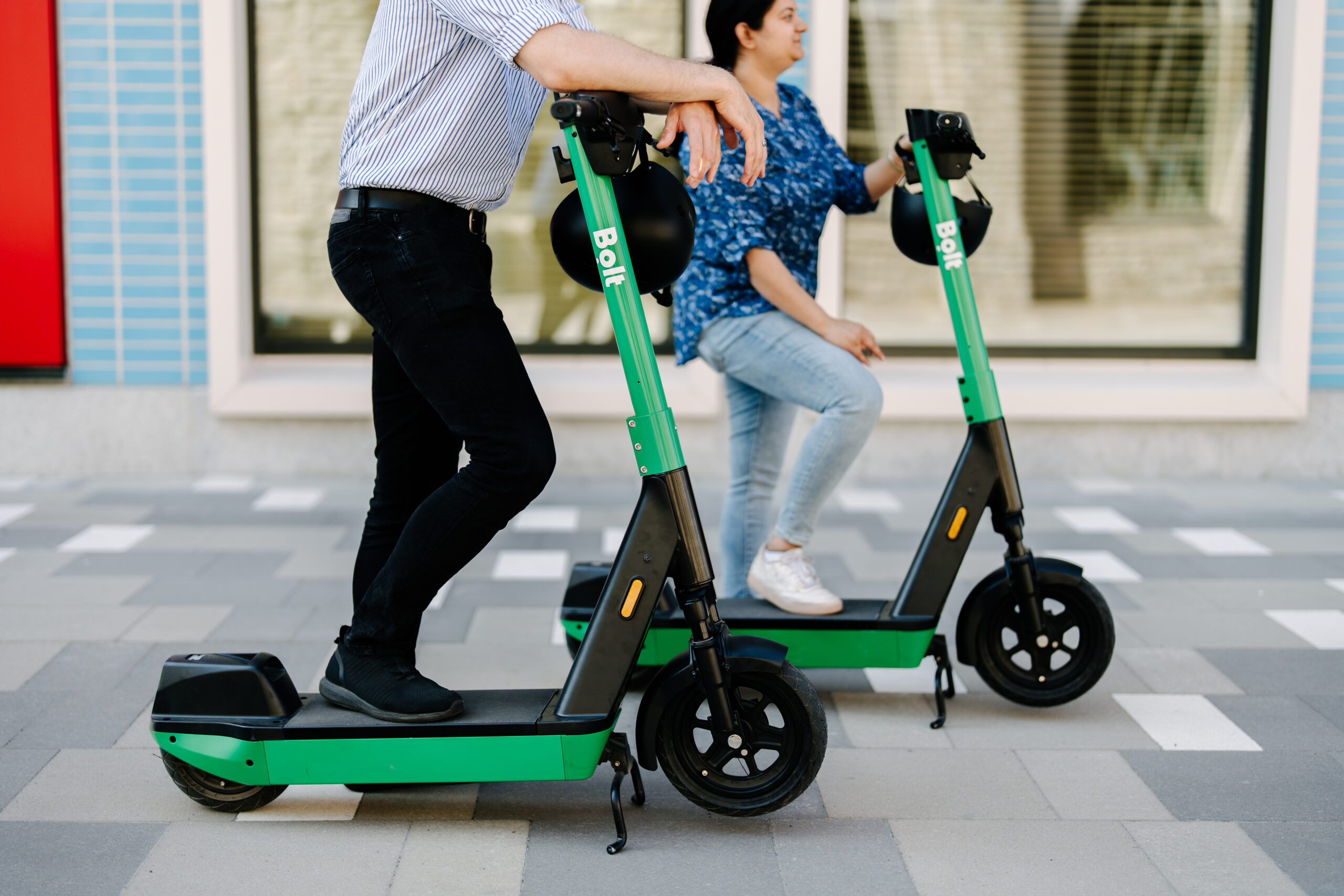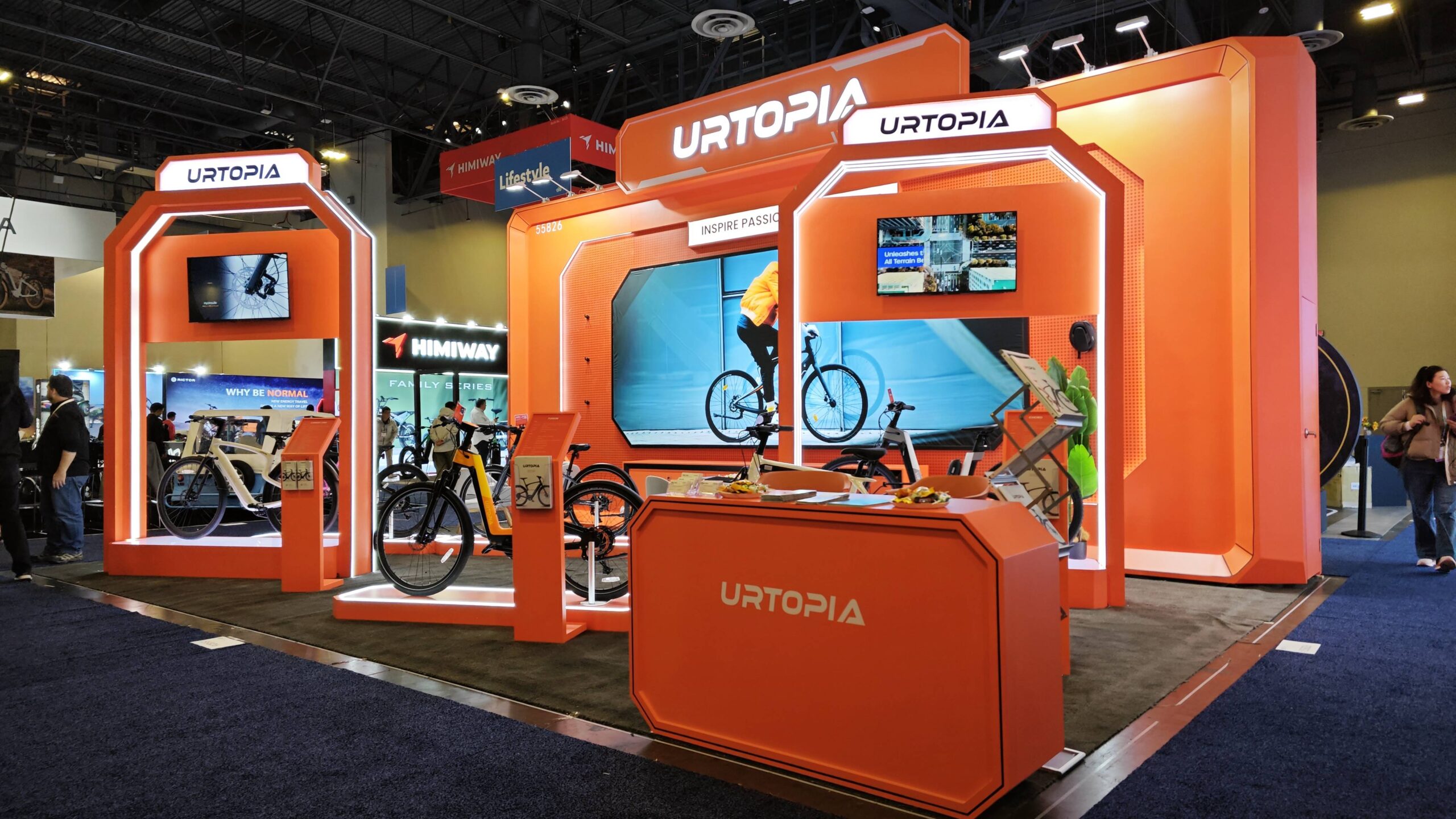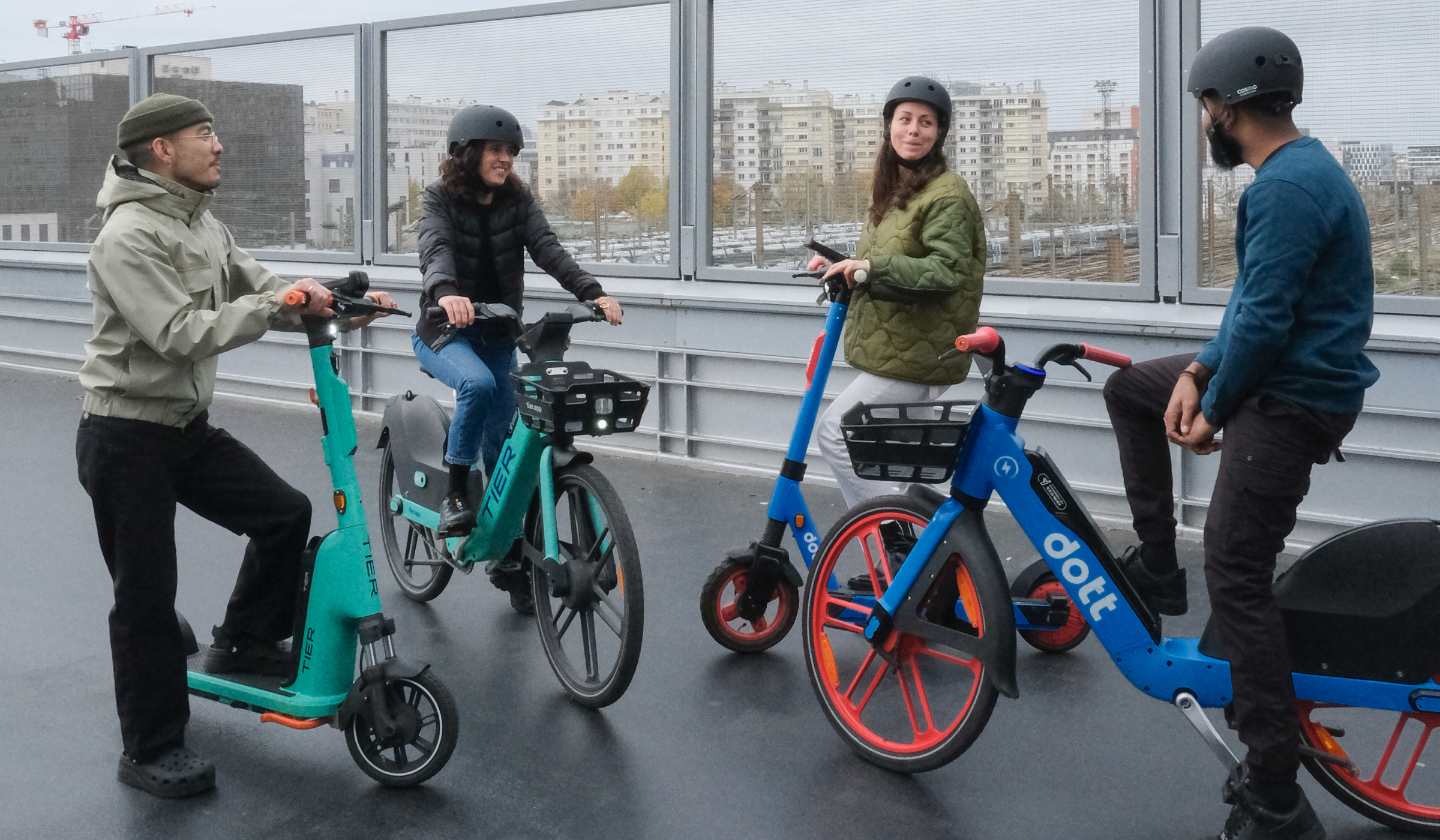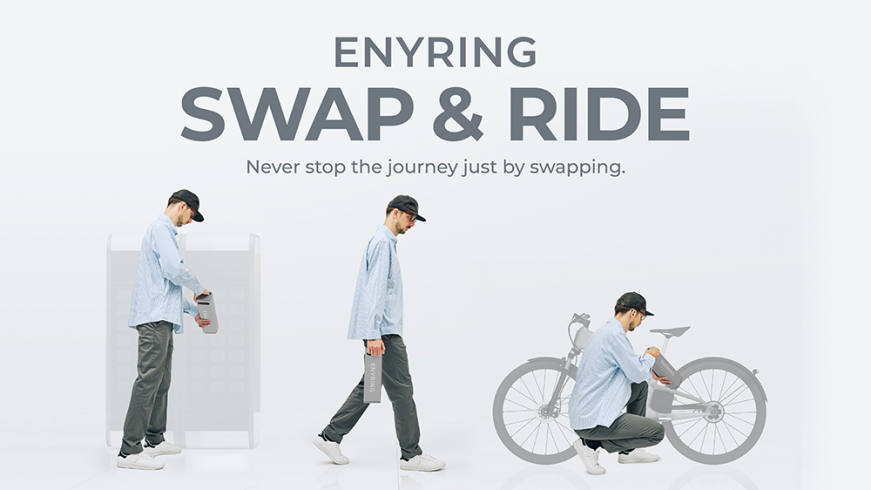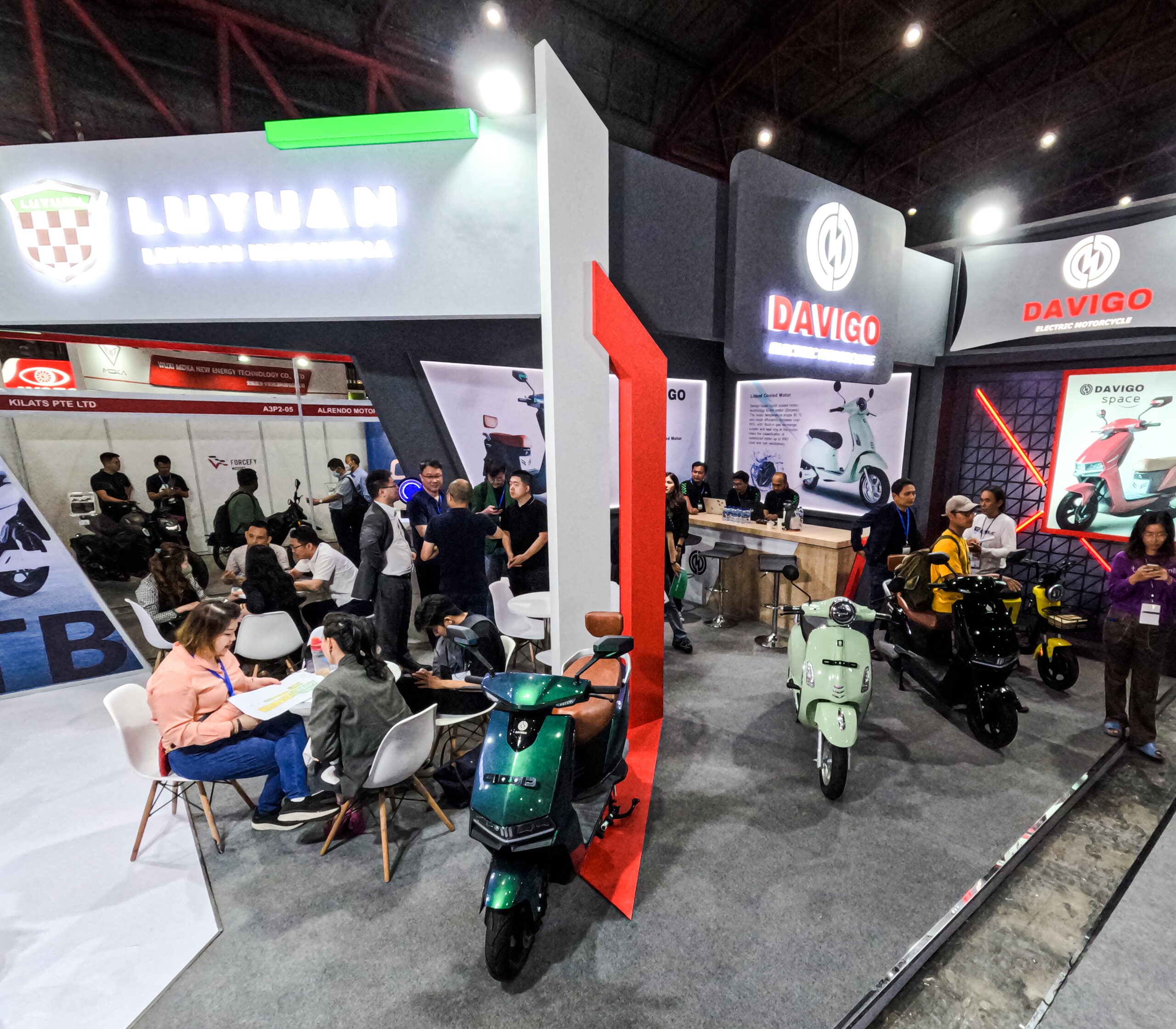Every year, millions of people around the world are benefiting from the rising incomes and living standards that come with rapid urbanisation.
However, the impact of unchecked urbanisation is also straining the mobility infrastructure of cities that are unprepared for the population burden. Meeting the mobility needs and aspirations of an ever-increasing populace requires smart and sustainable solutions. These solutions — ranging from the greater use of public transport and shared EVs to the use of technology to solve congestion and pollution — will become a reality in the coming decade.
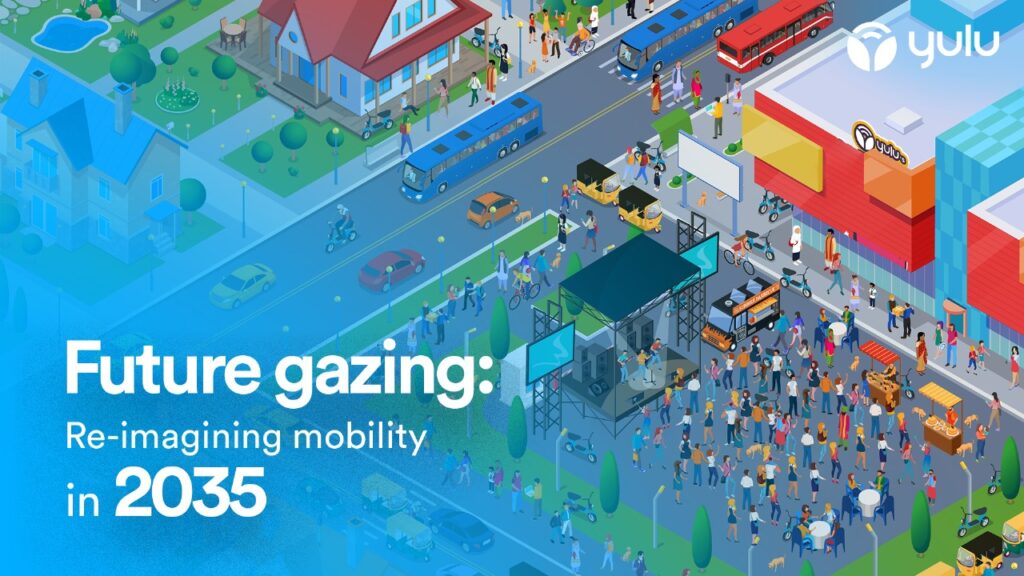
In this blog around upcoming mobility trends for the next decade, we will explore how smart technologies, EVs, and collaborative efforts by the public and private sectors will help address our modern-day connectivity challenges.
The Future of Urban Transportation
Achieving a ‘golden decade’ of sustainable urban mobility will require governments to pay closer attention to building simple, smart, safe, and sensibly-priced modes of transport in urban areas. These transport modes also need to be accompanied by the appropriate clean energy infrastructure such as battery charging or swapping stations. At the same time, authorities and private players need to educate users to help them make better choices for themselves and the planet.
If these steps are taken, we could see a transformation in urban mobility over the next decade. Here are some predictions for urban mobility by 2035.
1. A Greater Focus on Public Transportation
In 2020, data collected from 1,507 cities across 126 nations revealed that, on average, only about 50% of the urban population has convenient access to public transport. The coming decade, therefore, will see countries rapidly adopting fast, efficient, accessible and ‘high-capacity, low-carbon’ public transportation systems like metros, light rail, monorails, and rapid bus transit systems.
India, for instance, plans to achieve 2,750 km of metro lines and put 50,000 electric buses on the road in the coming years. Such initiatives will not only ease road traffic congestion but also yield positive environmental effects.
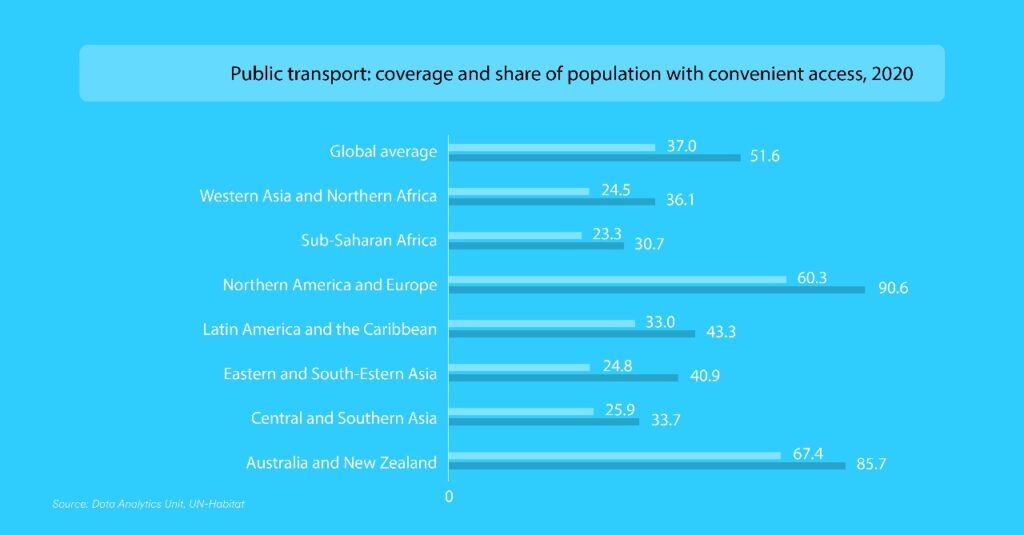
2. A Mass Switch to Greener Vehicles
The world is witnessing a shift from traditional automobiles and fossil fuels to environmentally friendlier alternatives like electric or hybrid vehicles, or those running on biofuels, hydrogen fuel cells, etc. This transition is essential to tackle the carbon emissions crisis and to end nations’ dependence on imported fossil fuels.
Thus, the next decade will see India reaping the benefits of progressive policies that support this shift, such as the FAME II scheme, the Production Linked Incentives for domestic battery component manufacturing, and state-wise programmes such as Delhi’s Motor Vehicle Aggregator And Delivery Service Aggregrator schemes. These and other policies will see sustainable mobility taking flight over the coming decade.
3. Intelligent Traffic Management
Intelligent traffic management is essential to improve motorist and pedestrian safety, minimise gridlock, and shorten the time taken for intra-city commutes. Therefore, we will see data-driven state-of-the-art technologies like artificial intelligence (AI), machine learning, and the Internet of Things (IoT), enabling real-time monitoring and analysis of traffic patterns.
Intelligent traffic management will involve things like smart traffic lights, cameras for detecting violations, and systems to convey real-time information on traffic and parking availability to motorists. Such intelligent systems are already being set up in cities like Bengaluru and Delhi and will progressively reduce the human interface in traffic management in the years to come.
4. Integration of Multiple Transport Modes Under MaaS
Future urban mobility will focus on a robust multimodal public transportation system that integrates various modes of transport, like buses, trains, metros, bicycles, and shared mobility, into a hassle-free interconnected network. By providing sufficient options to users to optimise their travel efficiently, they can reduce their dependence on private automobiles and plan their entire commute through a single digital gateway, like an app or website. This model is known as mobility as a service or MaaS, and it’s considered a smart way to reduce congestion and enhance the accessibility of transport, making it more sustainable, convenient and adaptable to the evolving dynamic of modern cities.
5. Public-Private Partnerships to Grow
Another trend we will see is greater collaboration between private players and government bodies to develop innovative mobility solutions. Yulu Bikes, for instance, has joined hands with transport authorities, including metro and rail bodies, in different cities to provide sustainable and active interconnected smart urban mobility options to consumers, making city transportation better, more efficient and easy to use. Other private players have also tied up with local governments to run or facilitate electric bus and scooter services and battery charging or swapping stations at the city level.
6. Shared Electric Mobility Will Become Indispensable
Many of us would have hailed an electric taxicab at some point. However, such services will become increasingly ubiquitous in future, with new form factors emerging to suit both personal travel as well as goods and delivery movement requirements.
Shared EV mobility services are an obvious choice for cities. They ease traffic congestion, lower transportation emissions, and reduce demand for parking space, thus improving urban efficiency and quality of life. Yulu Bikes, as a pioneering player in this field, is making a significant contribution to redefining urban transportation.
Here are key aspects of Yulu’s role in shaping the urban mobility landscape: –
- Environmental Sustainability: At the forefront of promoting environmental sustainability, Yulu only incorporates electric two-wheelers into its fleet.
- Reduced Traffic Congestions: Focusing on short-distance travel, Yulu bikes offer a convenient and eco-friendly option for urban commuters, shedding strain on congested routes.
- Last-Mile Connectivity: To tackle the worries of last-mile connectivity, Yulu has seamlessly integrated with existing public transportation infrastructure to make a bridge between transit hubs and their final destinations.
- Affordability and Accessibility: Yulu has designed its services to be affordable and accessible to the masses through a user-friendly app interface, transparent pricing, and a pay-as-you-go model.
- Technological-Driven Solutions: Yulu utilises state-of-the-art technologies via its mobile app, allowing users to easily locate, unlock and pay for bike rentals, making it a smart mode of transport for daily commuters.
- Custom-made EVs: Yulu has a wide range of products in its fleet, categorised into three main groups: for people, for moving goods, and for personal usage. This makes it a holistic solution for various travel needs within urban boundaries.
- Data Insights: Yulu’s data-driven approach enriches the efficiency of the shared mobility ecosystem. This also provides valuable data insights that can be helpful in effective urban planning and transportation strategies.
The Road Ahead
The future of urban mobility in 2035 is a journey towards sustainability, efficiency, and innovation. The rise of shared mobility and MaaS, led by companies like Yulu, public-private alliances, and the integration of smart technologies in traffic management are catalysts for transformation towards creating a sustainable urban transportation system that is technologically advanced, greener and more connected.
This article was originally published by Yulu.

